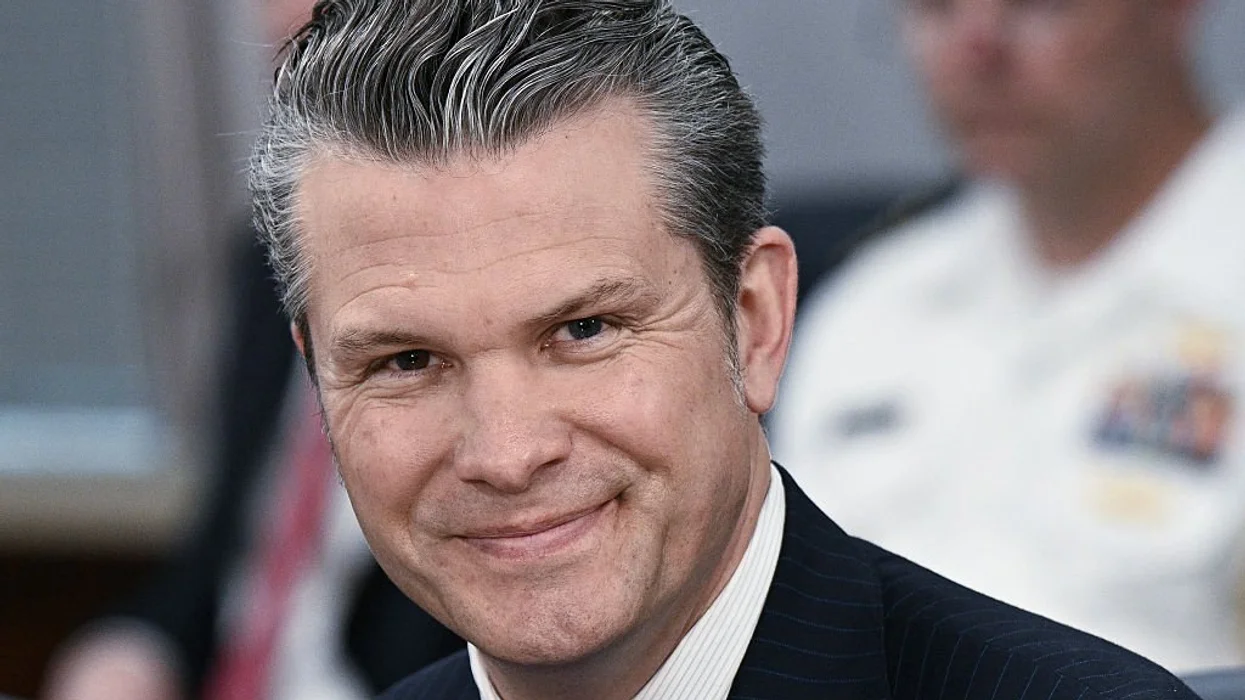It has been said that music is food for the soul. These days, our souls are eating on the go.
Modern broadband technologies coupled with streaming services make wide repertoires of music available on demand virtually anywhere, anytime. But if the Department of Justice gives publishing corporations their way, that could all change.
Publishers like Sony and Universal want distributors to pay more in royalties for songs streamed on the Internet. They present their case as one of online platforms raking in the profit and shortchanging the artists. They argue that there is plenty of money to go around.
The problem with their position is that it simply isn’t true.
[sharequote align="center"]This looks a lot more like plain old greed than even the most tortured definition of “fairness.”[/sharequote]
Some streaming services are already paying over 70 percent of all revenue to copyright holders. As a result, despite increasing subscriptions, companies like Pandora are struggling to find a sustainable model that balances their high overhead with what consumers are willing to pay for their service.
Pushing royalty costs even higher will undoubtedly be the death knell for these consumer-friendly platforms. No business outside of those subsidized by the government can survive when nearly every penny earned goes right back out the door in overhead.
The publishers don't just want a price increase; they want the unfettered ability to act as a oligopoly. Three licensing organizations and three major music publishers effectively control 100 percent of all musical compositions--a clear monopoly. Since 1941, this power has been curtailed by federal consent decrees aimed at preventing them from behaving like monopolies. Now publishers believe these limitations have been around long enough and are asking the DOJ to rescind them.
The length of time a law or regulation has been in existence is not inherently an argument for its removal in the face of a self-evident continued need for the law. Recent industry actions show that little has changed in their attitudes and methods since 1941. In fact, the very same organizations requesting the abolition of the consent decrees are currently under investigation by the DOJ for a coordinated price-rigging scheme--in 2012.
The damage done by granting music publishers the blank check they seek would extend beyond the streaming sector. The industry would be empowered to dictate the price of all music everywhere without limitation.
 AFP PHOTO / ROBYN BECK
AFP PHOTO / ROBYN BECK
Audiophiles retreating to music downloads after the inevitable failure of streaming services will likely find that the cost of a download has increased substantially. Consumers listening to broadcast will find more and more advertisements as broadcasters attempt to cover the higher costs imposed by the newly unrestrained publishing cartels. Worse, the increased cost structure could cause some smaller local stations to close down entirely.
Despite the billions of dollars in royalties that the publishers collect, they have unabashedly made “fairness” and “fair pay” the centerpiece of their campaign for a monopoly. They have even trotted out songwriters--from whom they take a 50 percent cut--as the story’s victims in political ads running in congressional districts.
For decades, the music industry has turned to government to shield their outdated business model from the pressure of a changing marketplace and new technology. If the DOJ grants their newest request, they will have the power to not only kill streaming music but veto new technologies. Such an outcome looks a lot more like plain old greed than even the most tortured definition of “fairness.”
The Department of Justice needs to look past the industry’s smoke and mirrors. The 100 million or so Americans that feed their souls with streamed music are counting on it.
Edward Woodson hosts the nationally syndicated The Edward Woodson Show. He can be heard weekdays 7-8 am ET on WZAB 880 AM in Miami, FL & 5-6 am MT on KFNX 1100 AM News-Talk Radio in Phoenix, AZ and can be reached at www.edwardwoodson.com.
–
TheBlaze contributor channel supports an open discourse on a range of views. The opinions expressed in this channel are solely those of each individual author.


 AFP PHOTO / ROBYN BECK
AFP PHOTO / ROBYN BECK


